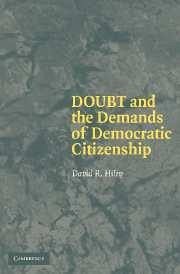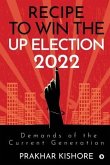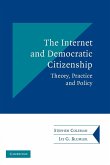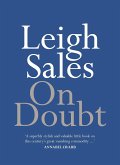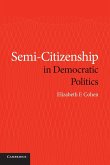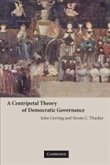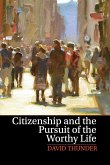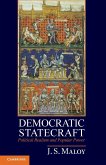The triumph of democracy has been heralded as one of the greatest achievements of the twentieth century, yet it seems to be in a relatively fragile condition in the United States, if one is to judge by the proliferation of editorials, essays, and books that focus on politics and distrust of government. Doubt and the Demands of Democratic Citizenship explores the reasons for public discontent and proposes an account of democratic citizenship appropriate for a robust democracy. David Hiley argues that citizenship is more than participating in the electoral process. It requires a capacity to participate in the deliberative process with other citizens who might disagree, a capacity that combines deep convictions with a willingness to subject those convictions. Hiley develops his argument by examining the connection between doubt and democracy generally, as well as through case studies of Socrates, Montaigne, and Rousseau, interpreting them in light of contemporary issues.
Hinweis: Dieser Artikel kann nur an eine deutsche Lieferadresse ausgeliefert werden.
Hinweis: Dieser Artikel kann nur an eine deutsche Lieferadresse ausgeliefert werden.

